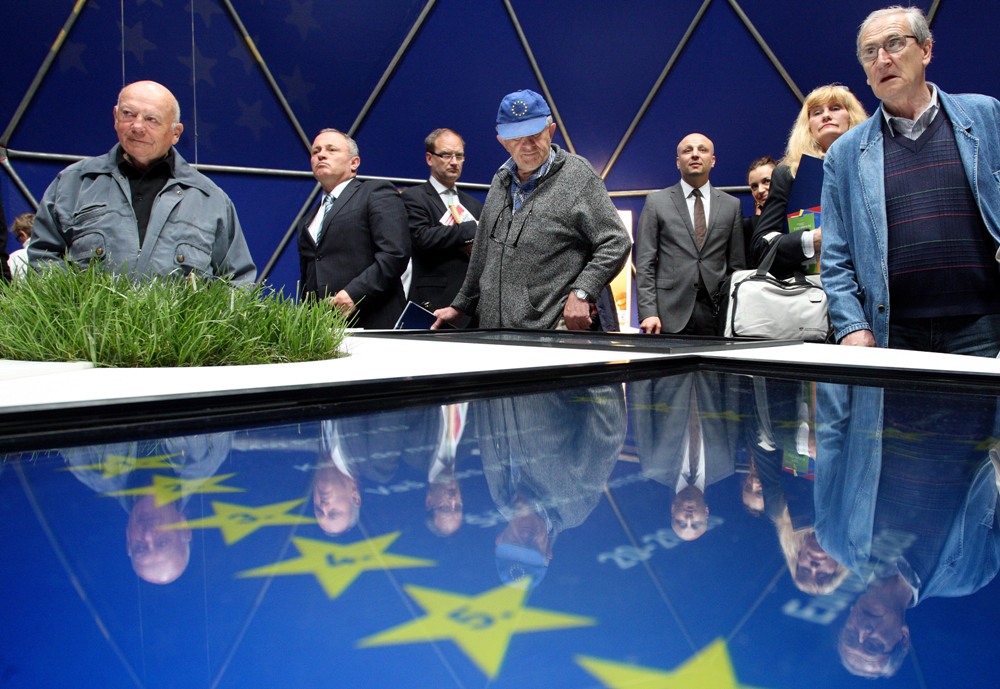The first anniversary of Croatia’s European Union membership will be marked in two days, and contrary to many expectations, membership has not brought about progress in Croatia’s economic recovery.
Croatia joined the EU on 1 July 2013. Over the past year, Croatia’s representatives have adjusted well to the work of European institutions, but the first months of Croatia’s membership were marked by the so-called Perkovic case.
Three days prior to its joining the bloc, Croatia changed its law on the implementation of the European Arrest Warrant (EAW) and the amended law was later colloquially named “Lex Perkovic”. The law limited the application of the EAW only to crimes committed after 2002.
Soon after that, accusations started, first from German parliamentary circles that claimed the law was aimed to protect Josip Perkovic, a former member of Yugoslav and later Croatian secret services wanted by Germany on suspicion of involvement in the murder of Croatian dissident Stjepan Djurekovic outside Munich in 1983.
The European Commission then reacted by asking that the time limitation regarding the application of the EAW be revoked, which was followed by intensive correspondence and accusations between Zagreb and Brussels. The Commission threatened to impose sanctions, prompting strong reactions on the Croatian political scene.
The case lasted nearly three months and ended after the Croatian government agreed to change the disputed law. The changes became effective on 1 January 2014 after which Perkovic and his former superior Zdravko Mustac were extradited to Germany.
The controversial appointment of Neven Mates to the European Court of Auditors also attracted a lot of attention, given that Mates was appointed by the Council of the EU despite a negative opinion from the European Parliament. MEPs were angered by the fact that Mates had promised to withdraw should he fail to receive their support, but eventually did not do so.
Croatia also got its first European Commissioner, Neven Mimica, who at the time served as Croatia’s deputy prime minister and whom European Commission President Jose Manuel Barroso put in charge of consumer protection.
At the start of 2014, Croatia entered the Excessive Deficit Procedure (EDP), a measure ensuring that EU members adopt appropriate policy responses to correct their excessive deficits. Many EU member states have undergone EDP and currently 11 countries are in the procedure. Croatia is expected to reduce its budget deficit to below the allowed 3% of GDP by 2016.
In March, the European Commission announced that Croatia, Slovenia and Italy were EU countries with macroeconomic imbalances due to large foreign liabilities, poor exports and a fast-growing general government deficit.
Last week, The Financial Times said Greece’s economy was slowly and painfully healing after a catastrophic debt crisis and the title of No. 1 Economic Basket Case of the European Union was now held by Croatia.
The Financial Times recalled that Croatia was now in its sixth successive year of recession and that during that time it had lost almost 13 per cent of its gross domestic product. Unemployment is about 17 per cent of the workforce, and among young people the rate is close to 50 per cent, the FT said.
The efficient absorption of EU funds will be crucial to lifting Croatia out of its rut, the FT said.
